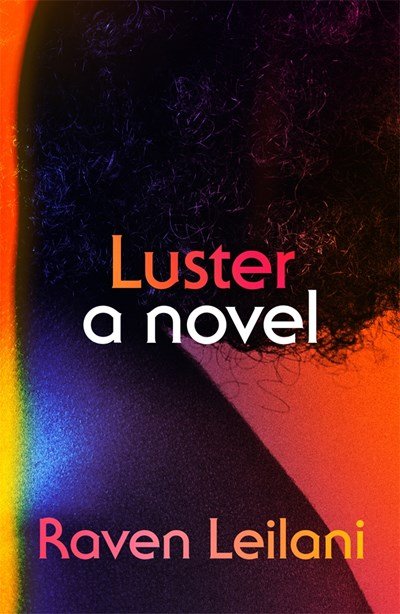'Luster' Is Marie Claire's August Book Club Pick
Read an excerpt from Raven Leilani's novel, here, then dive in with us throughout the month.
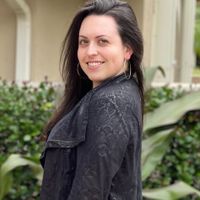
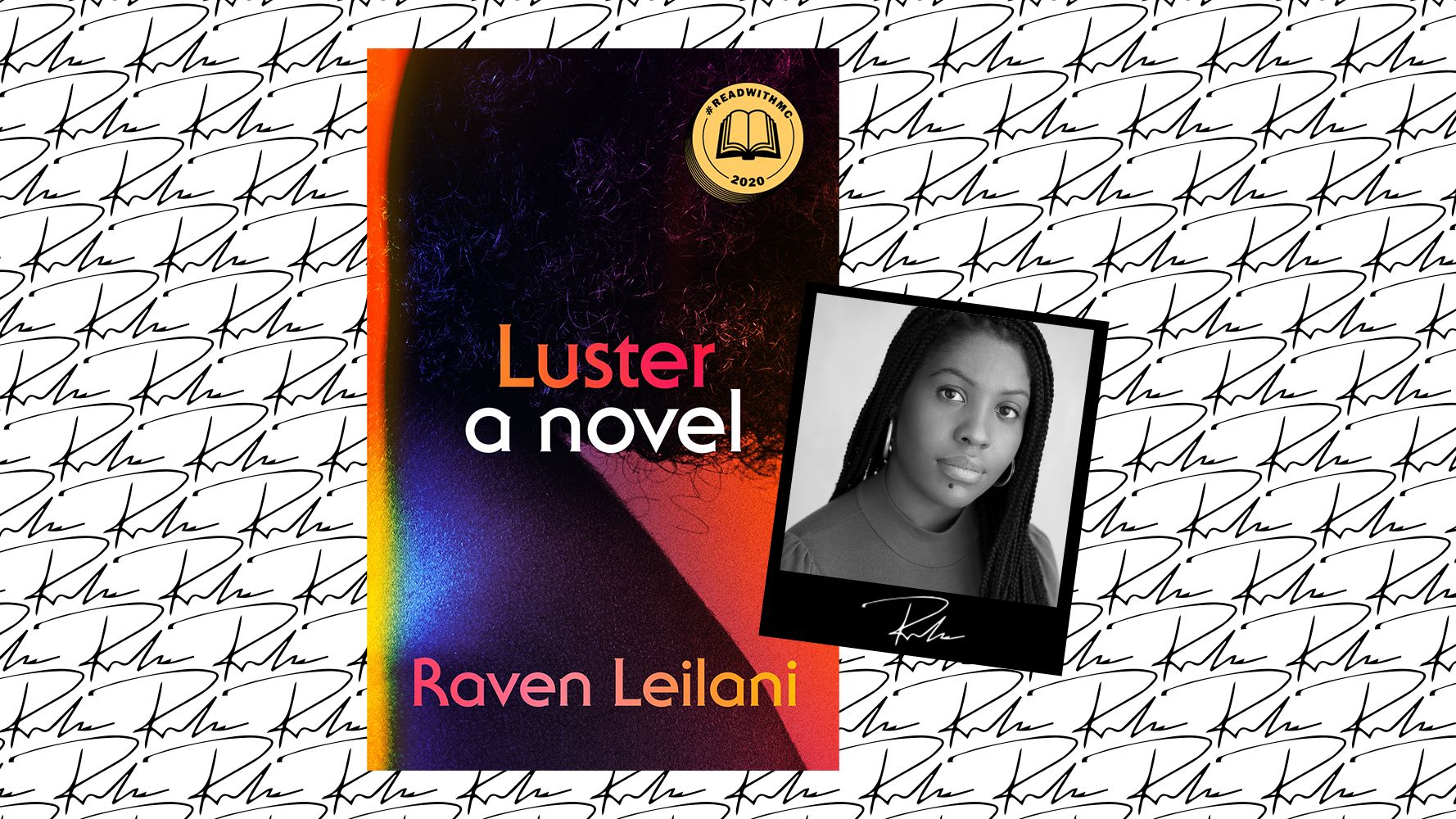
Welcome to #ReadWithMC—Marie Claire's virtual book club. It's nice to have you! In August, we're reading Raven Leilani's Luster (August 4)—a novel about a 20-something aspiring artist named Edie, who finds herself in the middle of an open marriage with a man named Eric, a digital archivist, and his wife, an autopsist. What follows is an invitation into the couple's home, but not without struggles of racial and sexual identity as Edie attempts to navigate this chaotic world she's living in. Read an excerpt from the book, below, then find out how to participate in our virtual book club here. (You really don't have to leave your couch!)
I got the abortion in my junior year of high school. There was a brief moment when I considered the pregnancy, when I tried to halve a grain of sand and accommodate its ambition to yield a pair of lungs. At the time, I worked retail at a dying mall. Eighteen hours a week smoothing chinos and shadowing aggressive Quebecois customers who came to upstate New York to exploit our low-priced bids to stay in business. There were only four stores open in the mall. A CVS that kept the animal crackers next to the douches, a Deb with five-dollar packs of high-waisted panties, a gun shop, and my store, a scrappy little boutique for the professional woman. I was a miserable sales associate, prone to confessional spirals during my attempts to move the store loyalty card, but an asset as long as I did enough work to afford the veteran associates more time to socialize. During lunchtime, I manned the store alone, and the two other associates suspended their concerns about my awkwardness with customers to go have lunch at Boston Market. That I was not invited to these lunches felt more like a kindness than a slight. They were good to me, inclined to bring back some creamed spinach and runny macaroni, which I ate by a defunct Key Bank whose ATMs were filled with honeycomb. During this time, I couldn’t tell if I liked being alone, or if I only endured it because I knew I had no choice.
I was not popular and I was not unpopular. To invite admiration or ridicule, you first have to be seen. So the story of the cell that once divided inside me and its subsequent obliteration is also the story of the first man who saw me. The man who owned the gun shop, Clay, a metalhead who was pathological in the maintenance of his teeth. He was the seventh black person I’d met in Latham. Mixed-race, a riotous Punnett square of dominant Korean and Nigerian genes, so ethnically ambiguous that under different kinds of light he appeared to be different men. The first day we met, he was smoking a cigarette on the DDR machine outside the shuttered movie theater. He told me that he was in debt and that he and his brother were no longer speaking and there was something so easy about his immediate familiarity that I told him how my mother died. How I found her with one shoe still on. How I kept painting this moment and found no format suitable. How it had only been five months since her death and my father was already seeing someone. This was the contradiction that would define me for years, my attempt to secure undiluted solitude and my swift betrayal of this effort once in the spotlight of an interested man. I was pretending not to worry about the consequences of my isolation. But whenever I talked to anyone, I found myself overcompensating for the atrophy of my social muscles.
I was happy to be included in something, even if it was a mostly one-sided conversation with a man twice my age. We met on my lunch breaks and he bought me ice cream. I sat in his station wagon and watched him load and unload his gun. I leaned over the display case with the tanto-point knives and let him run his fingers through my hair. When he asked me how old I was, I lied. When I told him my father had not been home for weeks, he made sure I had money for food, and sometimes he would call and make me tell him what I had to eat. But still there were moments I felt his caution, a surprising squareness about his use of profanity, unsubtle inquiries about the ages of the imaginary boyfriends I supplied.
Copyright (c) 2020 by Raven Leilani. Excerpted by permission of FSG.
If audio is more your thing, you can listen to the excerpt, below, and read the rest of the book on Audible.
RELATED STORIES
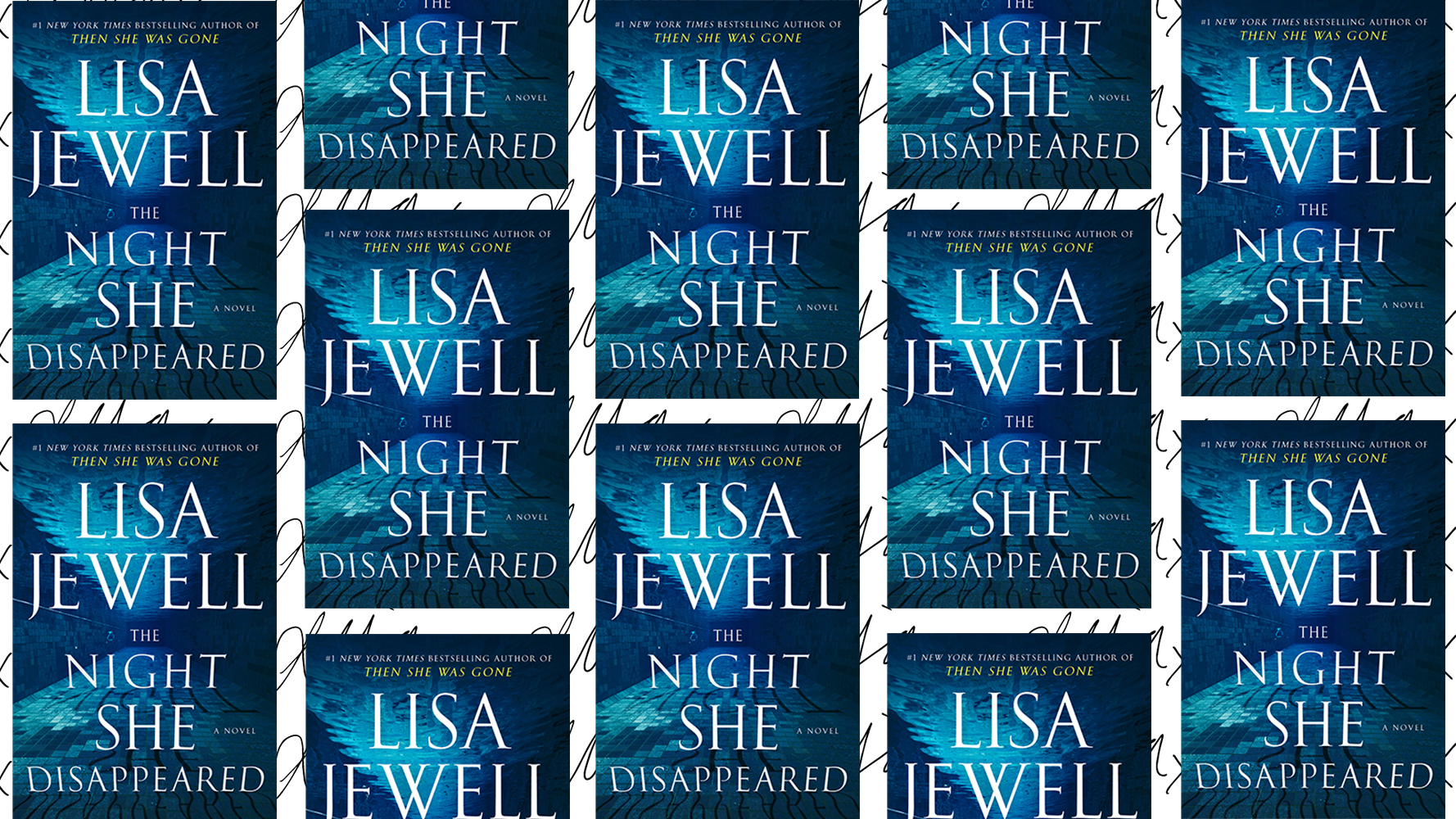
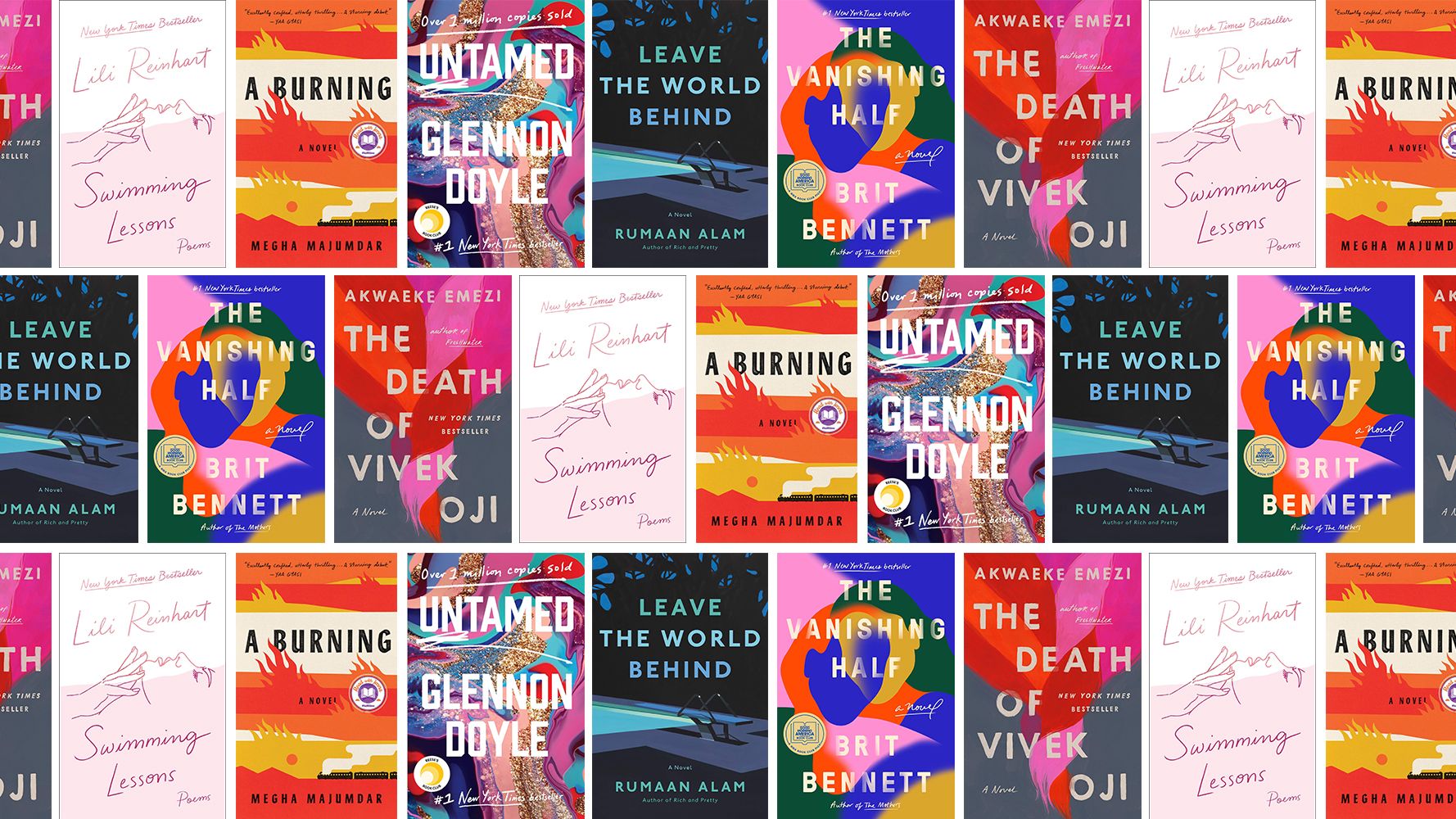
Get exclusive access to fashion and beauty trends, hot-off-the-press celebrity news, and more.
Rachel Epstein is a writer, editor, and content strategist based in New York City. Most recently, she was the Managing Editor at Coveteur, where she oversaw the site’s day-to-day editorial operations. Previously, she was an editor at Marie Claire, where she wrote and edited culture, politics, and lifestyle stories ranging from op-eds to profiles to ambitious packages. She also launched and managed the site’s virtual book club, #ReadWithMC. Offline, she’s likely watching a Heat game or finding a new coffee shop.
